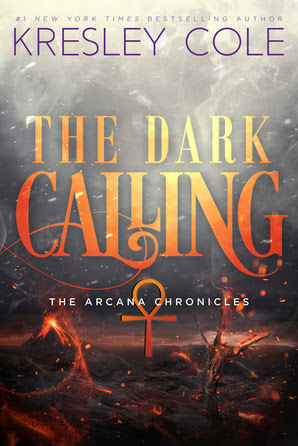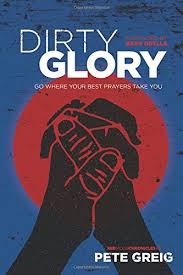I’ve been trying to take better care of myself. Being in a continual state of outrage, upset, indignation, incredulity, and despair is not good for me, and I’ve realized it’s not particularly productive. So I’ve sent off my donations and made my phone calls and then retreated to some of my favorite authors. Here’s where I’ve found solace recently:

Let’s Explore Diabetes with Owls, by David Sedaris (Back Bay Books, 2013), made me laugh. Sedaris has a sarcastic and self-deprecating sense of humor that meshes quite well with that particular streak in my own personality. With each of his books, I tend to find some of his essays more entertaining than others, but I enjoyed the overall arch of this particular volume quite a bit. His chapters set in France, Australia, Japan, and England reminded me, in particular, that there’s a big world out there to marvel at and gently satirize. And while the chapter “Obama!!!!!!” was a bittersweet reminder of how hopeful I was just a few years ago, his conclusion to “Laugh, Kookaburra” reminded me to focus on the present. Having finished feeding a kookaburra during a tourist outing in Australia, Sedaris reflects:
“I should have gone inside right then, but I needed another minute to take it all in and acknowledge, if only to myself, that I really did have it made. A storybook town on the far side of the world, enough in my pocket to shout a fancy lunch, and the sound of that bird in the distant trees, laughing. Laughing.”

The Fires of Vesuvius: Pompeii Lost and Found, by Mary Beard (Harvard University Press, 2010), made me reflect on our individual place in history. I’ve previously reviewed Beard’s SPQR, a volume I consider to be a masterpiece of popular historical writing. The Fires of Vesuvius is a bit more restrained, but just as engaging and enjoyable. Always basing her conclusions on solid academic research, Beard introduces us to the people of Pompeii as we are able to glimpse them through the archeological record. The color plates and illustrations make the city, its inhabitants, and its culture accessible and understandable. While I found myself wishing I had read this book before I spent a morning in Pompeii last summer, I also found that it made remembering that experience more meaningful and relevant. Looking through my photos again, I could say “Oh! That’s what’s going on!” Beard’s conclusions sometimes differ from those communicated by our tour guide (especially concerning the infamous brothel), but that only adds to the mystery of Pompeii and the joy of exploration and reflection.

Finally, Faithful, by Alice Hoffman (Simon & Schuster, 2016), made me hope. Hoffman is one my all-time favorite novelists, and this volume did not disappoint. Narrating the story of Shelby, who finds herself on a downward spiral as she blames herself for the car accident that has left her best friend in a permanent coma, there is less here of the “magical realism” that permeates some of Hoffman’s other works, and more emphasis on the real world ability of kindness and love and connection with other living things to facilitate redemption. I actually found that some of my favorite characters here were the dogs that Shelby rescues, and I don’t think that’s accidental. The message is that often the people who make us the most miserable are ourselves, and that a key path to peace and purpose involves finding ways to be of service. It was exactly the book I needed to read right now!
Advertisements Share this:




